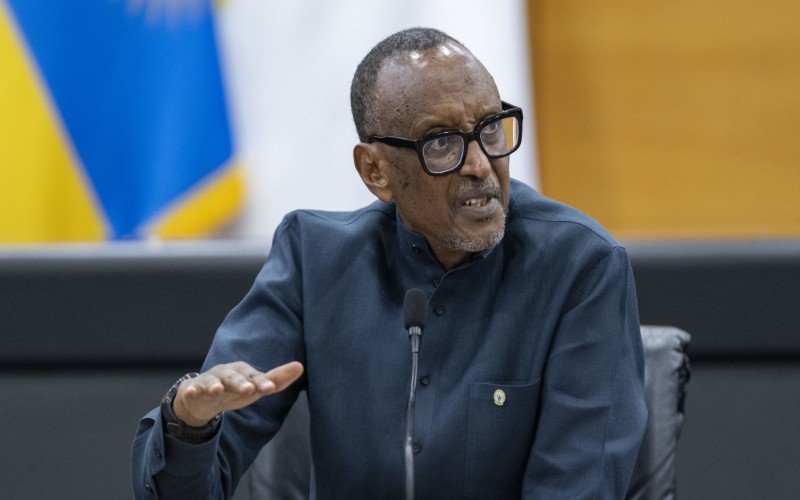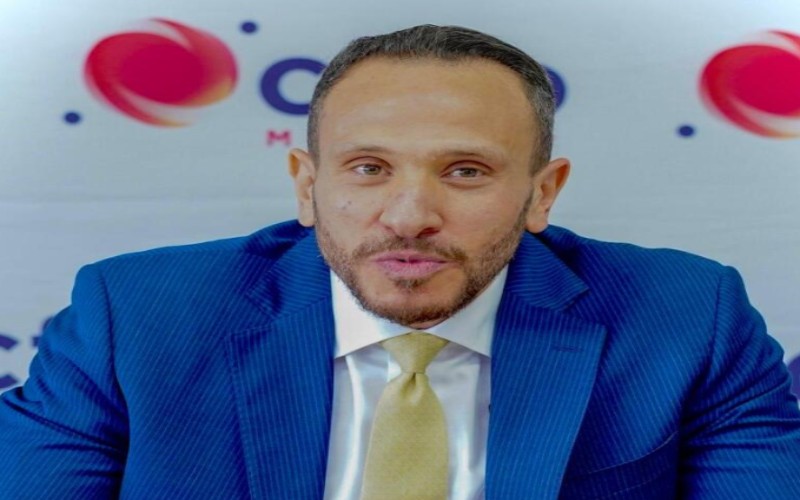Northeastern leaders demand immediate release of Sh70bn from equalisation fund during Wajir summit
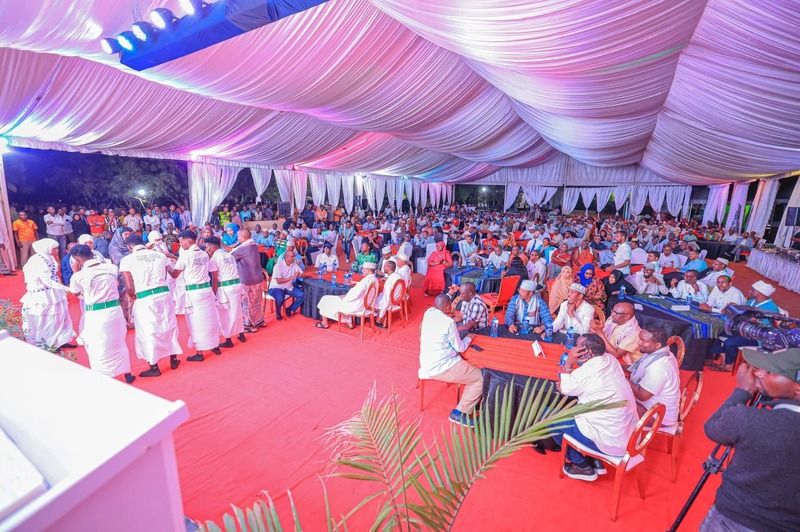
Speaking during the official launch of the Pastoralist Summit in Wajir town, Ali urged PPG members, comprising 109 MPs, to remain united in pressuring the government to release the funds.
The Pastoralist Parliamentary Group (PPG) and governors from the Arid and Semi-Arid Lands (ASAL) regions have reiterated their call for the government to urgently release Sh70 billion from the Equalisation Fund to provide basic services to marginalised areas.
PPG patron and Saku Member of Parliament, Ali Rasso Dido, criticised the government for withholding funds intended to address marginalisation and historical injustices in counties across Northern Kenya.
More To Read
- Gov't to review police entry grades in marginal areas, says CS Murkomen
- Border counties press Senate for extra resource allocation, revenue control
- Marsabit pastoralists demand consent in land projects, reject deals in the dark
- Over 200 warthogs poisoned at Muqder in Wajir County in shocking wildlife tragedy
- Marginalised counties to receive Sh16.8 billion in Equalisation Fund disbursal
- Senators clash over expanded list of counties benefiting from equalisation fund
Speaking during the official launch of the Pastoralist Summit in Wajir town, Ali urged PPG members, comprising 109 MPs, to remain united in pressuring the government to release the funds.
He also called on governors from pastoralist regions to manage devolved funds prudently and to remain committed to addressing inequality within their counties.
"Last week, I visited Lamu County and was shocked to learn that, 60 years after independence, the Boni community has yet to establish a single school. This is unjust. We must put an end to marginalisation in our regions," he stated.
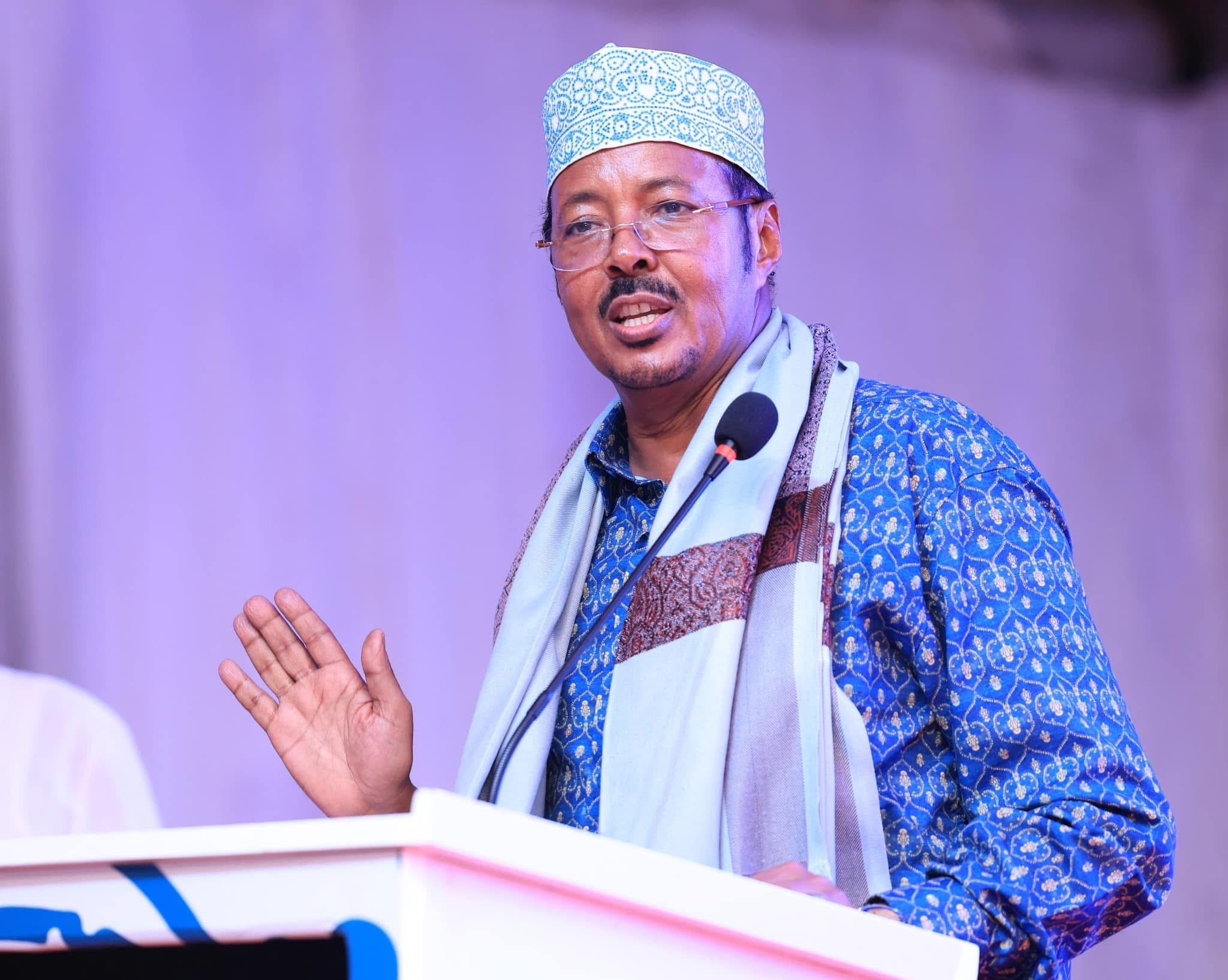 Eldas MP Aden Keinan addressing the summit. (Issa Hussein)
Eldas MP Aden Keinan addressing the summit. (Issa Hussein)
Eldas MP Aden Keinan emphasised the government’s constitutional responsibility to release the Equalisation Fund for its intended purpose.
“We are not begging anyone. After this Wajir Summit, we must stand firm and ensure the Treasury releases the Sh70 billion fund to benefit marginalised communities,” he said.
The MP highlighted that the National Assembly's Finance and National Planning Committee had approved a bill seeking to extend the life of the Equalisation Fund by 10 years and to authorise the release of funds to support public services, questioning why delays persisted.
Leah Sankaire, Kajiado Women Representative and Chairperson of the Kenya Women Parliamentary Association, expressed dismay over the continued marginalisation of pastoralist communities, who still struggle for basic rights such as access to water, education, and healthcare.
“What have we failed to do to unlock our opportunities and resources? With 109 MPs in the National Assembly, how much longer must we lament?” she asked.
Sankaire called for unity among the MPs to ensure their communities receive an equitable share of the national budget.
Marsabit Governor Mohamud Ali condemned the Treasury for withholding the Equalisation Fund, describing it as a reflection of systemic injustice.
“We need a change in mindset and attitude. It is time to correct historical injustices against this region. Our region constitutes 75 per cent of Kenya's landmass, yet we do not have a single mega dam, despite the government’s awareness of our water scarcity,” he said.
He also criticised the inequity in resource allocation, citing the example of Marsabit County, which generates 300 megawatts for the national grid through a wind farm project while relying on a generator for its own energy needs.
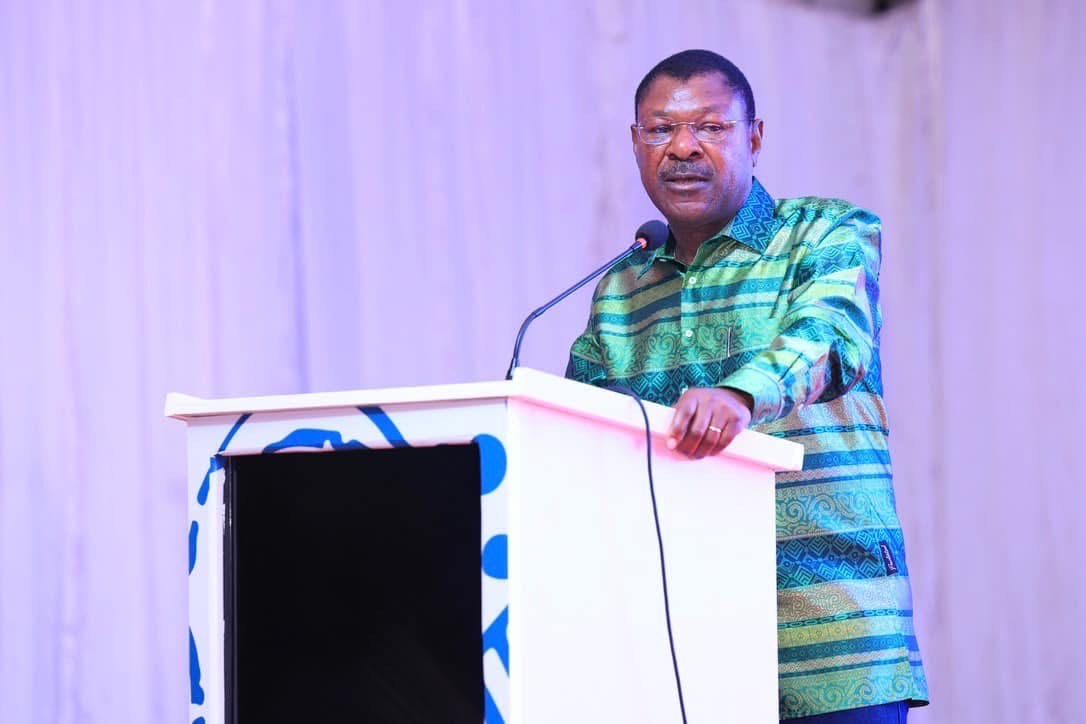 National Assembly Speaker Moses Wetang'ula addressing the attendees. (Issa Hussein)
National Assembly Speaker Moses Wetang'ula addressing the attendees. (Issa Hussein)
National Assembly Speaker Moses Wetang'ula, the summit’s chief guest, noted the significant transformation in Northern Kenya since the introduction of devolution.
“The region has overcome past neglect rooted in a colonial mindset. Civil servants were once posted here as a form of punishment, and residents endured long journeys due to a lack of roads,” he said.
Wetang'ula urged leaders to unite and prioritise five key areas: improving livestock production by addressing disease control and breed quality, investing in value addition, enhancing road networks, ensuring water access, tackling insecurity, and implementing proper land use policies to drive regional development.
Top Stories Today


